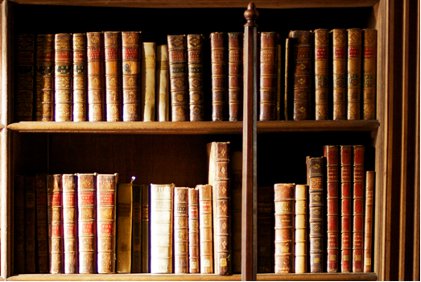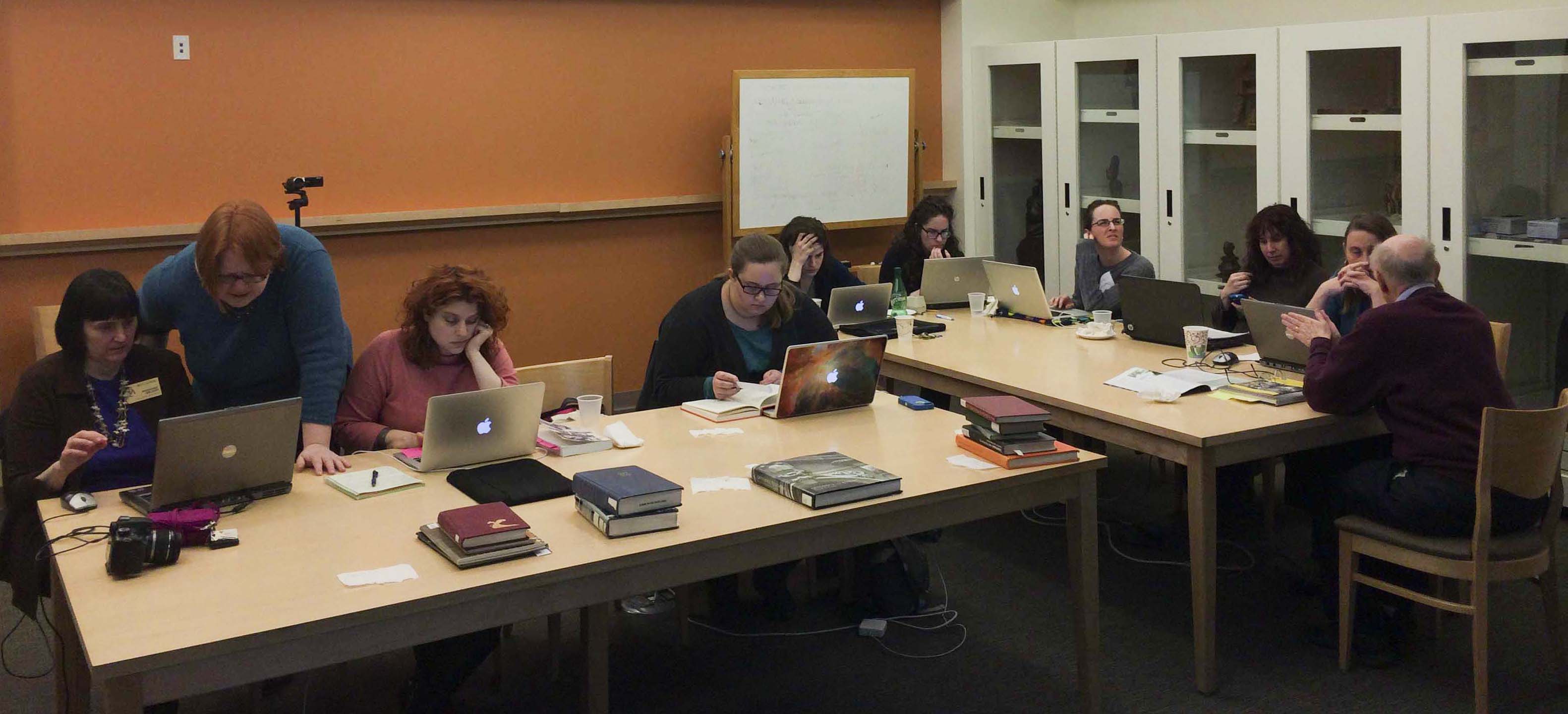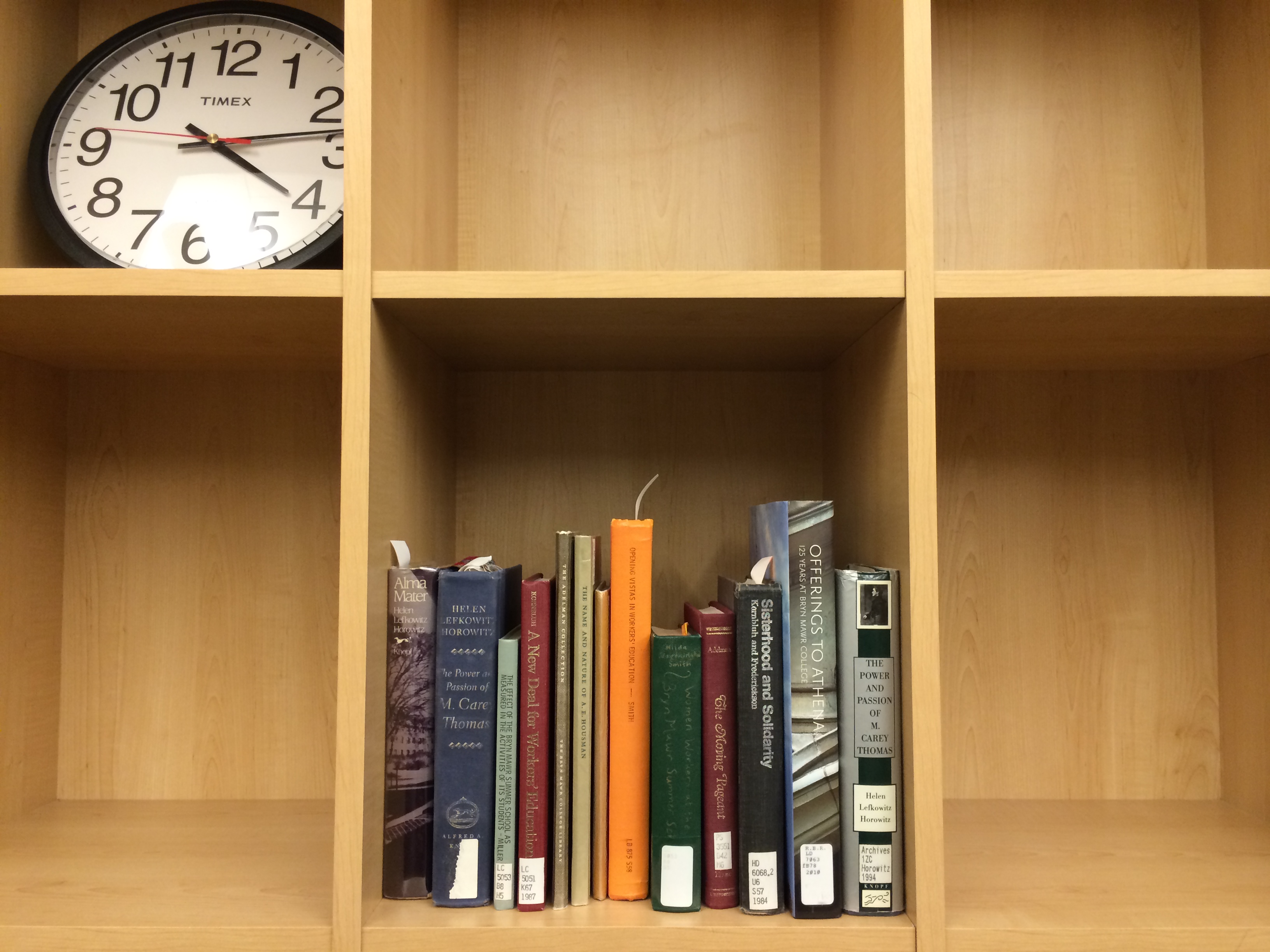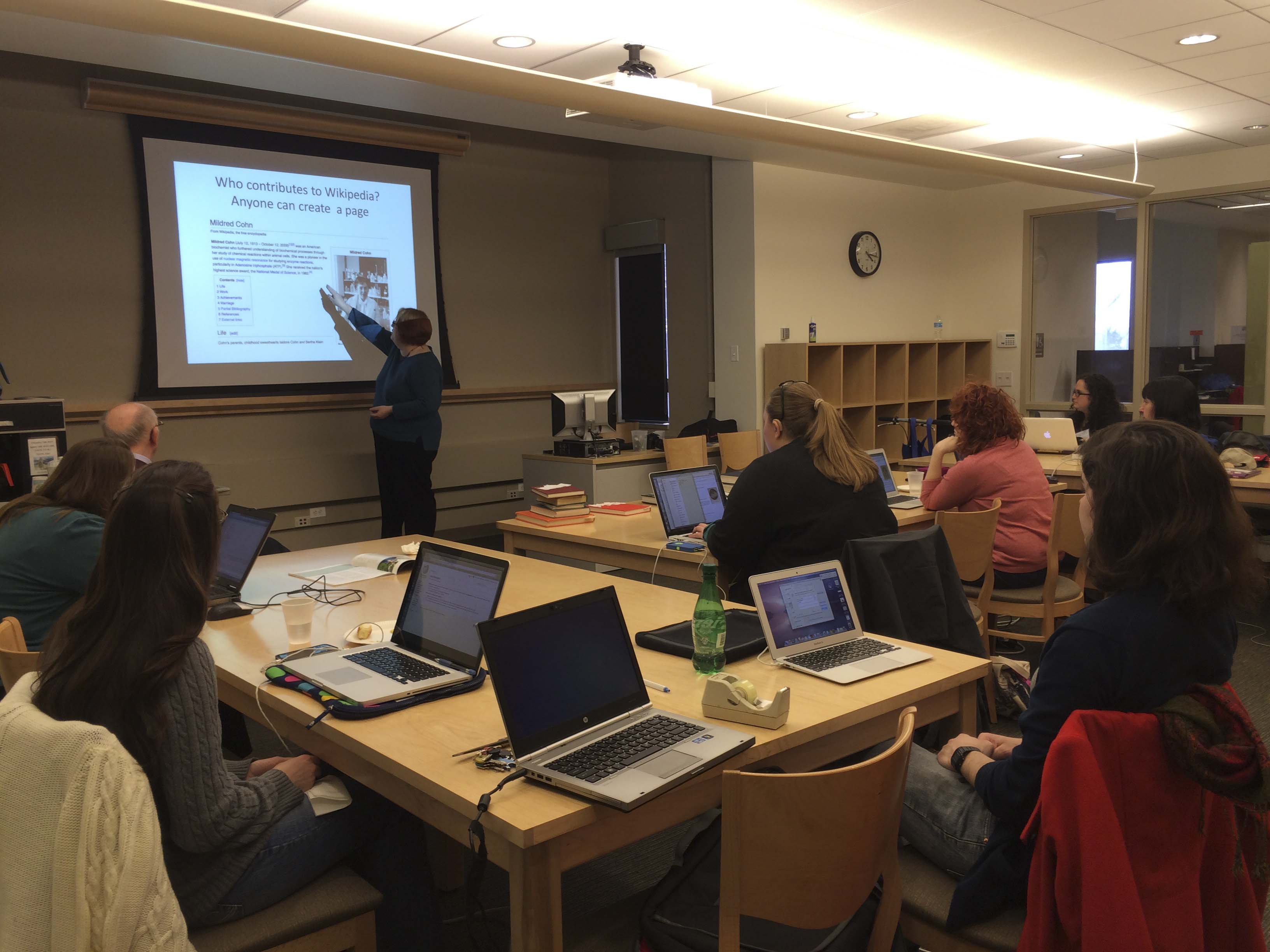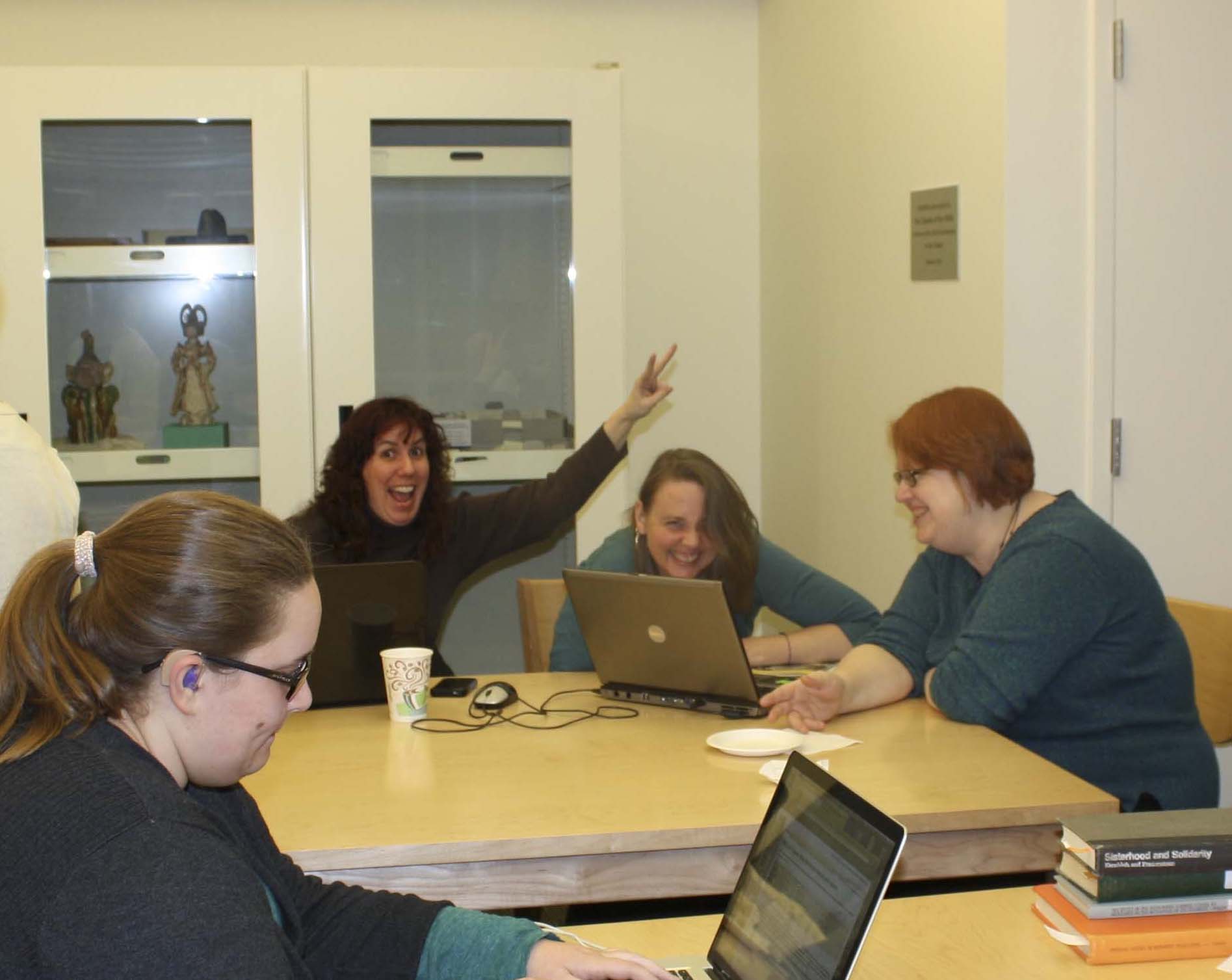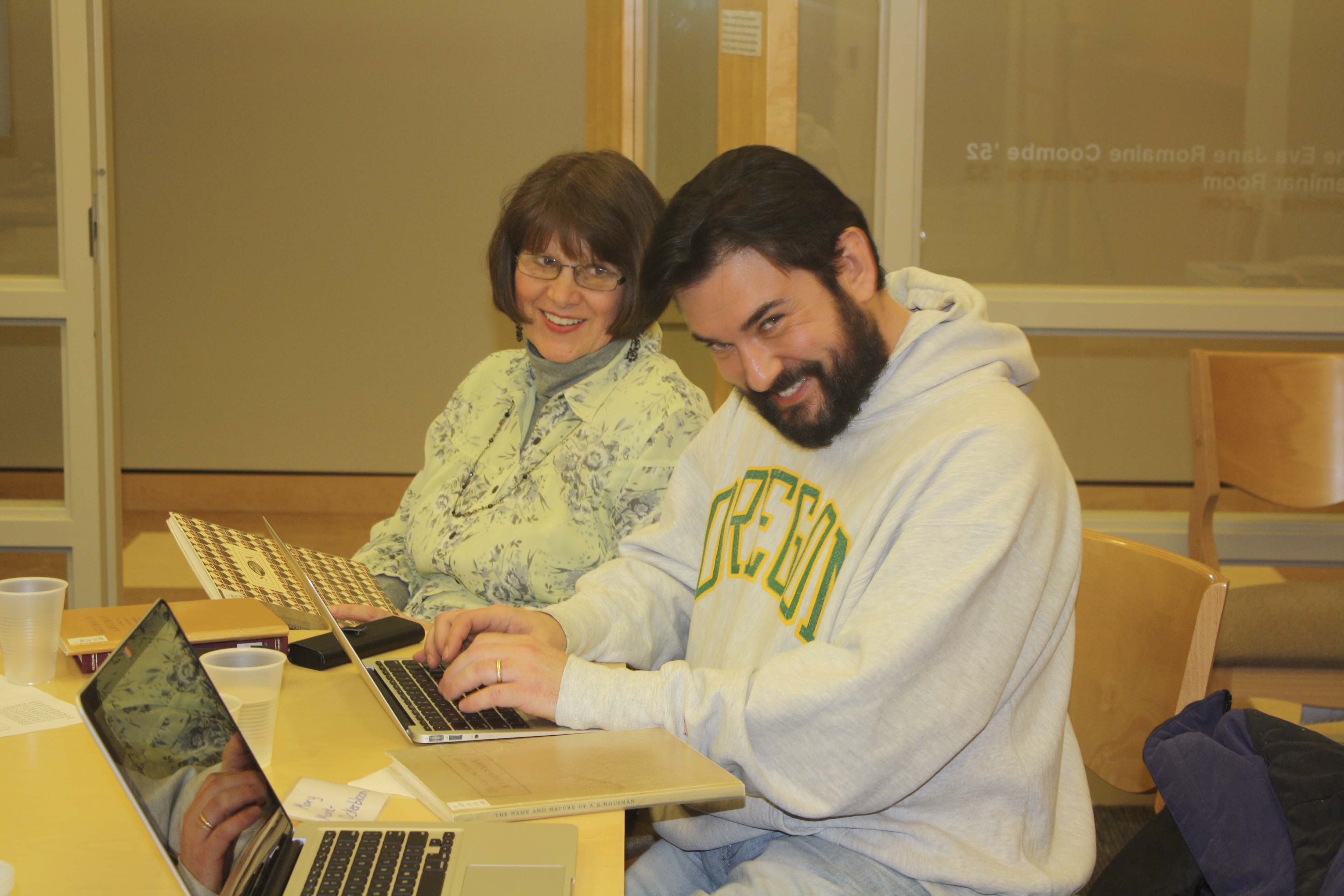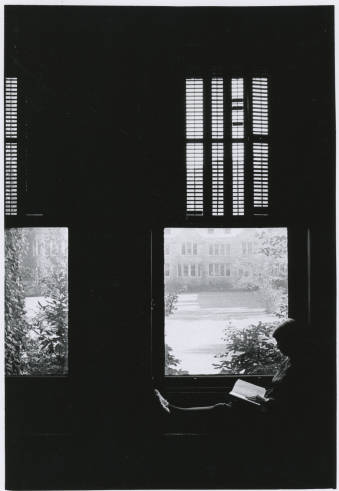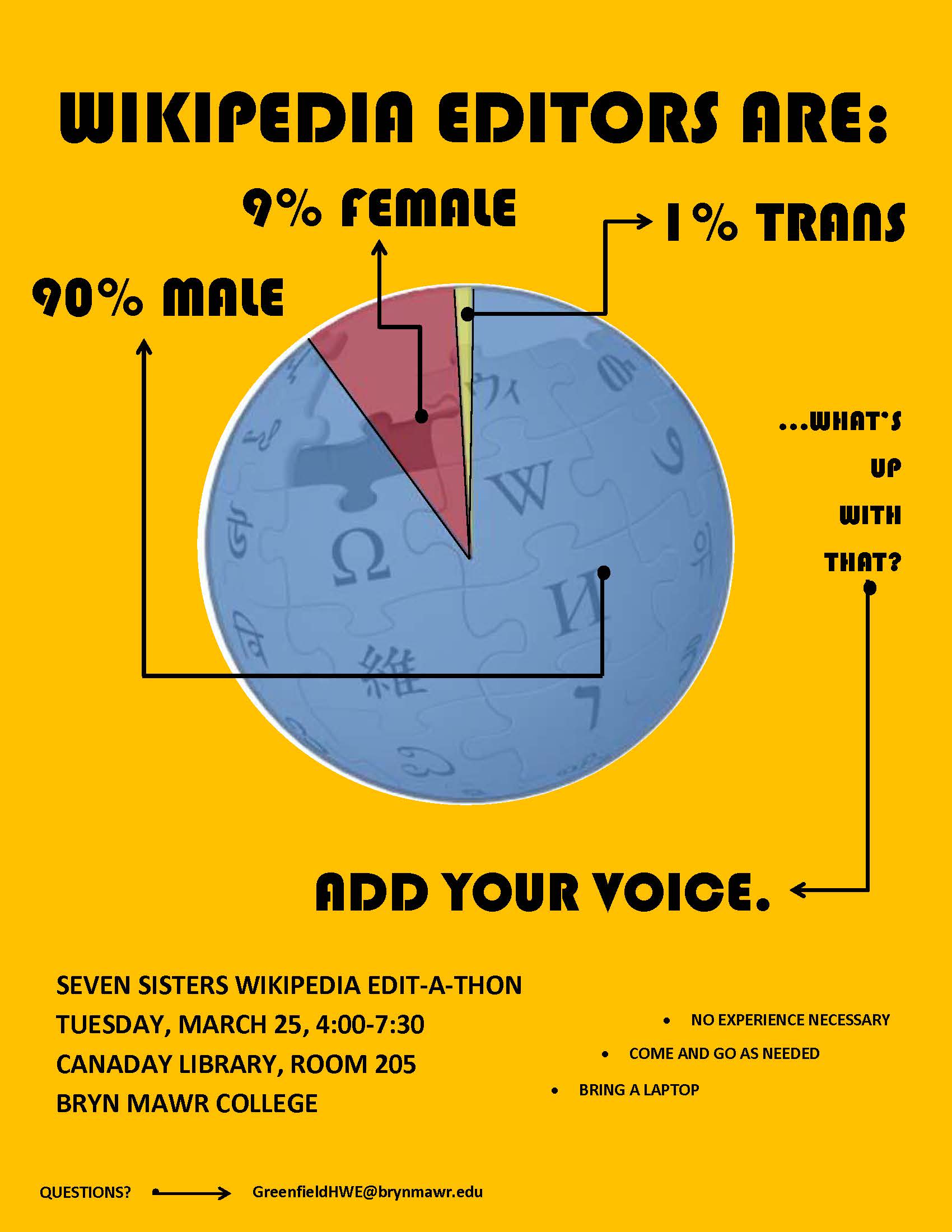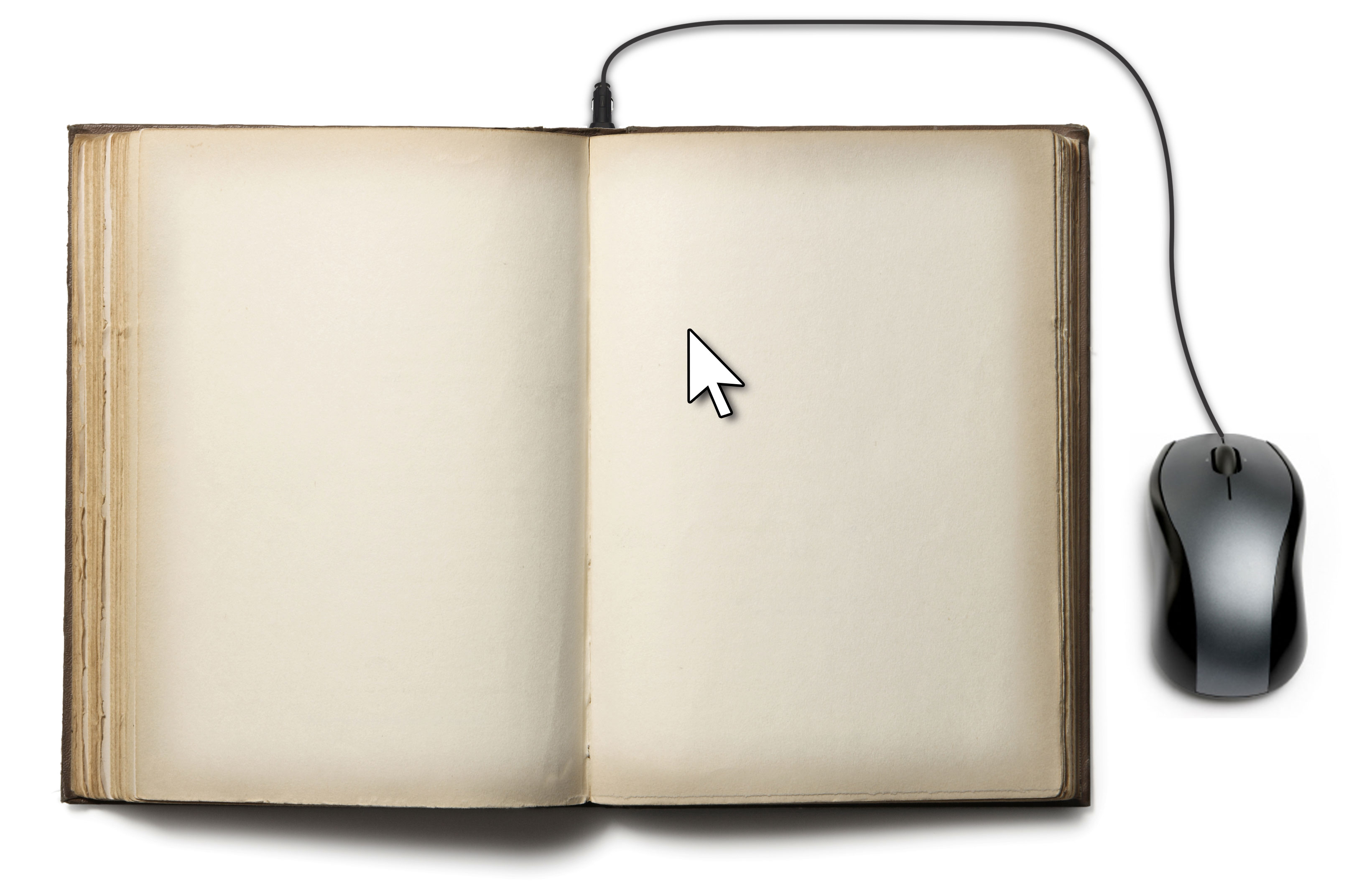 Women in Technological History: A Society for the History of Technology
Women in Technological History: A Society for the History of Technology
(SHOT) Special Interest Group (SIG)
http://www.historyoftechnology.org/interest_groups/index.html
WITH TRAVEL AWARD – A Call for “New Voices” in Technological History
The SHOT Special Interest Group Women in Technological History [WITH]
announces its travel award for 2014. The purpose of the award is to
encourage participation of “new voices” at the annual meeting of the
Society for the History of Technology [SHOT]. WITH invites applications
from scholars presenting topics or perspectives underrepresented in SHOT
as well as from individuals who can contribute to the annual meeting’s
geographic and cultural diversity.
The SHOT 2014 meeting will be held in Dearborn, Michigan, from November
6th to 9th. For meeting details, see:
http://www.historyoftechnology.org/annual_meeting.html.
Eligibility for the WITH Travel Award is open to individuals who are
giving a paper at the SHOT annual meeting. Priorities for the WITH award
include supporting scholars or graduate students who are non-US,
non-Western or who are new to SHOT, belong to a group underrepresented in
SHOT, and or whose paper addresses issues of gender, race, ethnicity,
and/or difference in the history of technology.
The Travel Award is designed to help defray some of the costs associated
with attending the SHOT annual meeting. Up to three awards may be
offered. Awardees will receive a check for $250, with the possibility of
additional funds depending on stated need and WITH’s resources. The
winner(s) will also be honoured as our guest(s) at the annual WITH
breakfast or lunch.
To apply, please send a cover letter and brief budget outlining
anticipated expenses associated with your trip to Dearborn (including any
grants or funding you have already received), an abstract of your proposed
paper with evidence that it has been accepted by the SHOT program
committee, and a one page curriculum vitae. All application materials
should be forwarded to the chair of the award committee at
pedwards@shepherd.edu. The application deadline for the WITH Travel Award
is July 5, 2014.
Pamela C. Edwards, PhD
History Department
Shepherd University
Shepherdstown, WV
